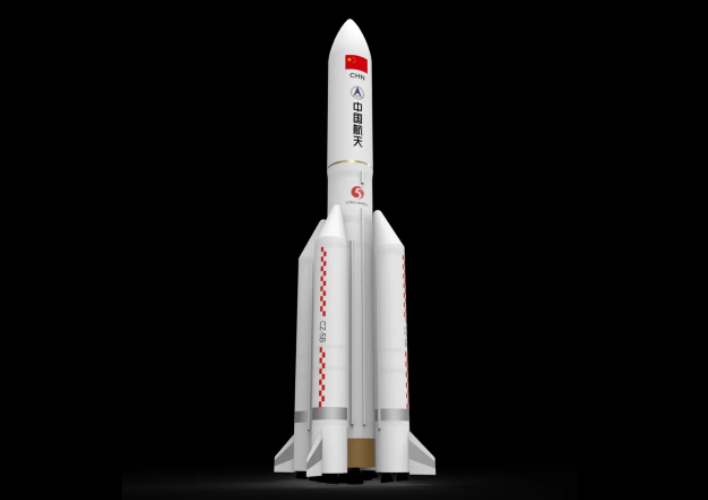A 21-Ton Rocket Is Hurtling Towards Earth And Nobody Knows Where It Will Crash
China launched a Long March 5B rocket from Wenchang Space Launch Center in Hainan on June 24, 2022. The rocket carried the Wentien laboratory to the Chinese Tiangong space station, according to state-run China Daily. The event was a first in Chinese history, as astronauts attended an orbital docking. The new laboratory docked to the front port of the Tianhe core module, resulting in a T-shaped space station. But some are wondering where the leftover core rocket stage will land as it crashes back to Earth.
If the reentry were controlled, it would be directed away from any populated areas, typically into the ocean, by reigniting its engines. But as with past Long March 5B, this one will be uncontrolled leading to more uncertainty. A core stage in April 2021 splashed safely into the Indian Ocean, while another in 2020 crashed into an inhabited area along the west coast of Africa.
Following the reentry in 2021, NASA Administrator Bill Nelson stated, "It is clear that China is failing to meet responsible standards regarding their space debris."

While the odds are slim to none that anyone reading this article will have the rocket stage crash somewhere near them, the possibility does exist. China has been chided for not taking more precautions with its incoming rockets. Recent research indicates that the chance someone will be hurt or killed by a left over piece of a rocket hurtling back to Earth will rise by 10% in the coming decade.
Xu Yangson, director general of the Asia-Pacific Space Cooperation Organization, said during a livestream of the launch that China did take measures to ensure the rocket stage reentered in a controlled manner, but did not provide any details on how that would occur. McDowell feels Yangson was simply misinformed, as the Long March 5B would require an upgrade to have the ability to perform any type of "controlled" reentry.
The bright spot in all of this is the Wentien module. The new laboratory will be utilized for scientific research ranging from microgravity studies to the effects of radiation on plants, insects, small mammals, and microbes. Another module is slated to launch in October.
Top Image Credit: CGTN


